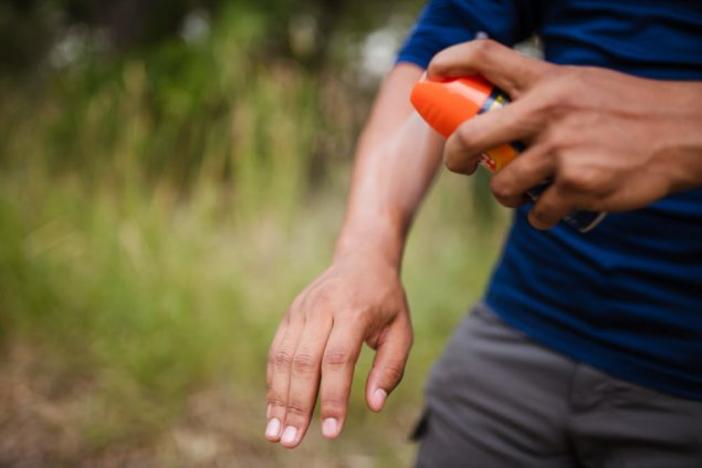Oropouche Virus
Oropouche virus (OROV) causes a disease called Oropouche fever, also known as "sloth fever." It's a viral illness found mostly in urban areas of South America. Since 1960, more than 30 outbreaks have been reported, especially in Brazil and other parts of Latin America.
Oropouche virus is one of the most common types of viruses in the orthobunyavirus group. It spreads to people
mainly through the bites of tiny insects called biting midges. Some types of mosquitoes can also carry the virus.
Most people who get infected with Oropouche virus will have symptoms, and these can sometimes come back later. There are no vaccines or treatments for this virus, so the best way to stay safe is to avoid being bitten by biting midges and mosquitoes.
Page last updated 9/5/24
